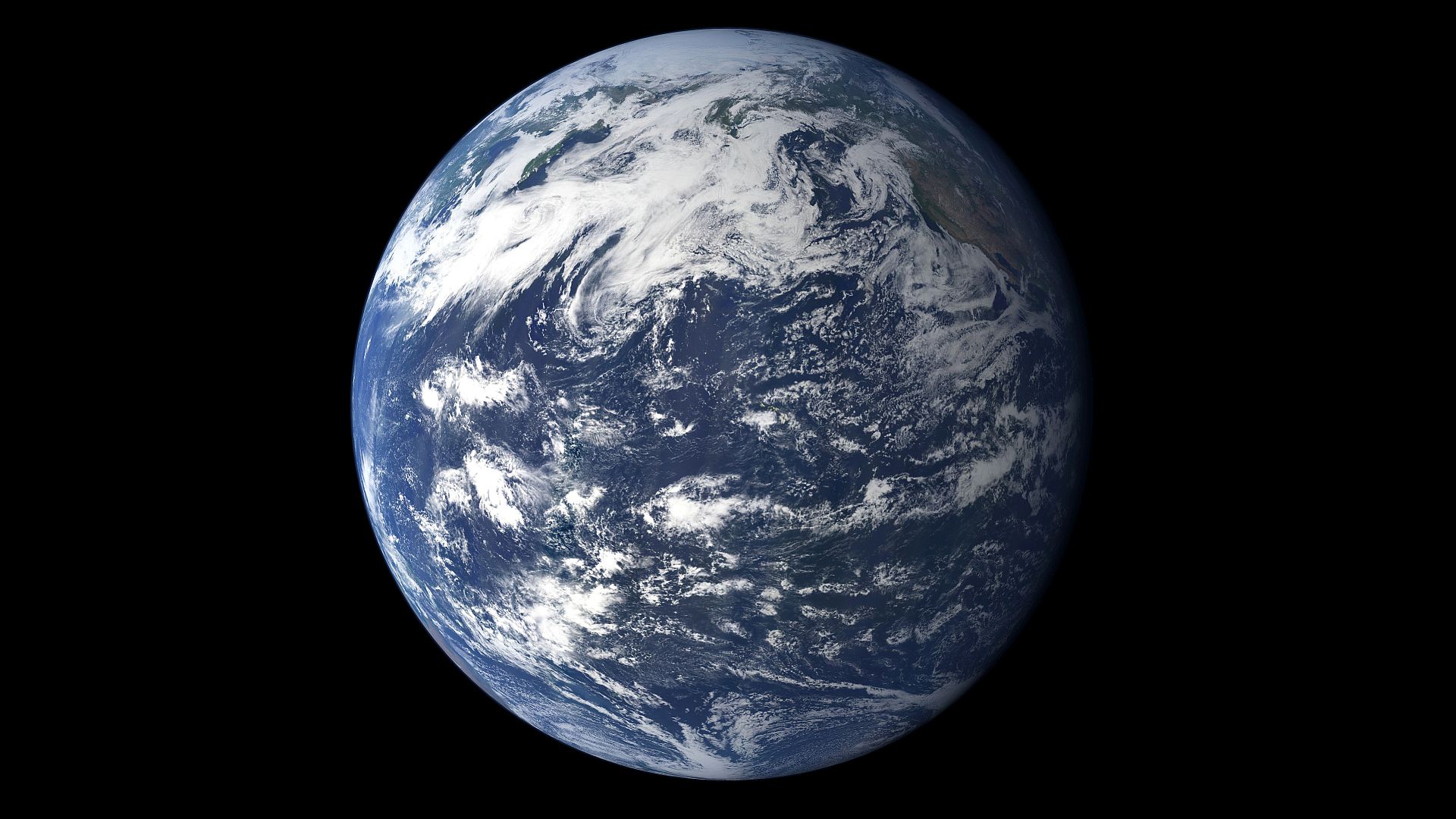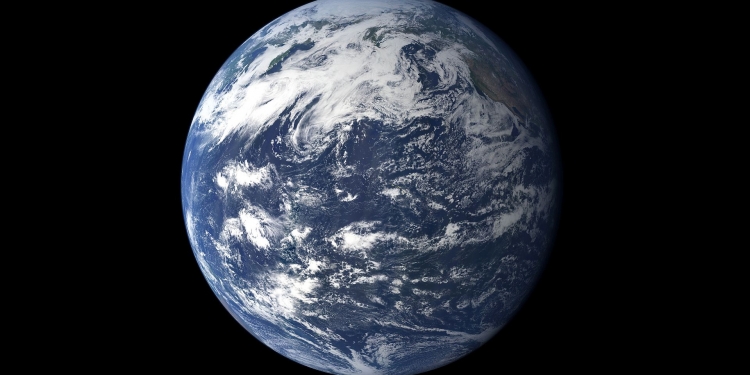
Several so-called ‘news reports’ of an impending collision with a 2km-wide killer asteroid are making the rounds today. You might have seen it shared over WhatsApp or Facebook. The reports claim that the asteroid is hurling across space at over 96,000 kilometres per hour on its way to Earth on the first of February.
So, are we all doomed? Is the end of the world next month?
Ok, let me just stop your right there. Before you click on that share button to spread the news, know this. The story is a mish-mash of facts, half-truths and lies. You would be forgiven to think that it’s real but it’s not and here’s what you need to know:
Yes, the 2002 NT7 asteroid does exist.
The 2km-wide 2002 NT7 asteroid was first discovered by MIT astronomers on July 9, 2002. They noted that unlike most asteroids, which circle the Sun on the same plane of the planets, the 2002 NT7 asteroid has a peculiar orbit path that is tilted 42 degrees. It spends most of its time far above or below the rest of the solar system. Every 2.29 years, however, the asteroid plunges through the inner solar system not far from Earth’s orbit.
Could it hit Earth?
Well, anything is possible but is it probable? Researchers did some calculations and there was a chance, they concluded, that 2002 NT7 might hit Earth on February 1, 2019 (this was way back in 2002, mind you). They calculated that the odds of impact were 1-in-250,000.
“In fact,” says Don Yeomans, the manager of NASA’s Near-Earth Object Program at JPL, “the threat is minimal. One-in-250,000 is a very small number.”
And according to Wikipedia, there is practically no risk of an impact by the asteroid in the next 100 years. The closest 2002 NT7 will come to earth is on January 13, 2019, where it will do a fly-by about 61,010,000km from Earth. Yes, that’s 61 million kilometres!
Should you be worried?
Well, according to the Nasa Science blog, big asteroids have hit Earth before and it’s only a matter of time before one threatens humanity. Will it be years, decades, millions of years? No one knows.
Are we safe from asteroid strikes? Nasa says that were not but because the odds a so small, it shouldn’t be something that we should be worried about.
Rather, we should be worried about the make fake news and disinformation that’s been flying around because that’s probably more damaging right now than a far-off object that has a 1-in-250,000 chance of destroying life as we know it.
So instead of spreading that fake news, why don’t you share this real one instead.








